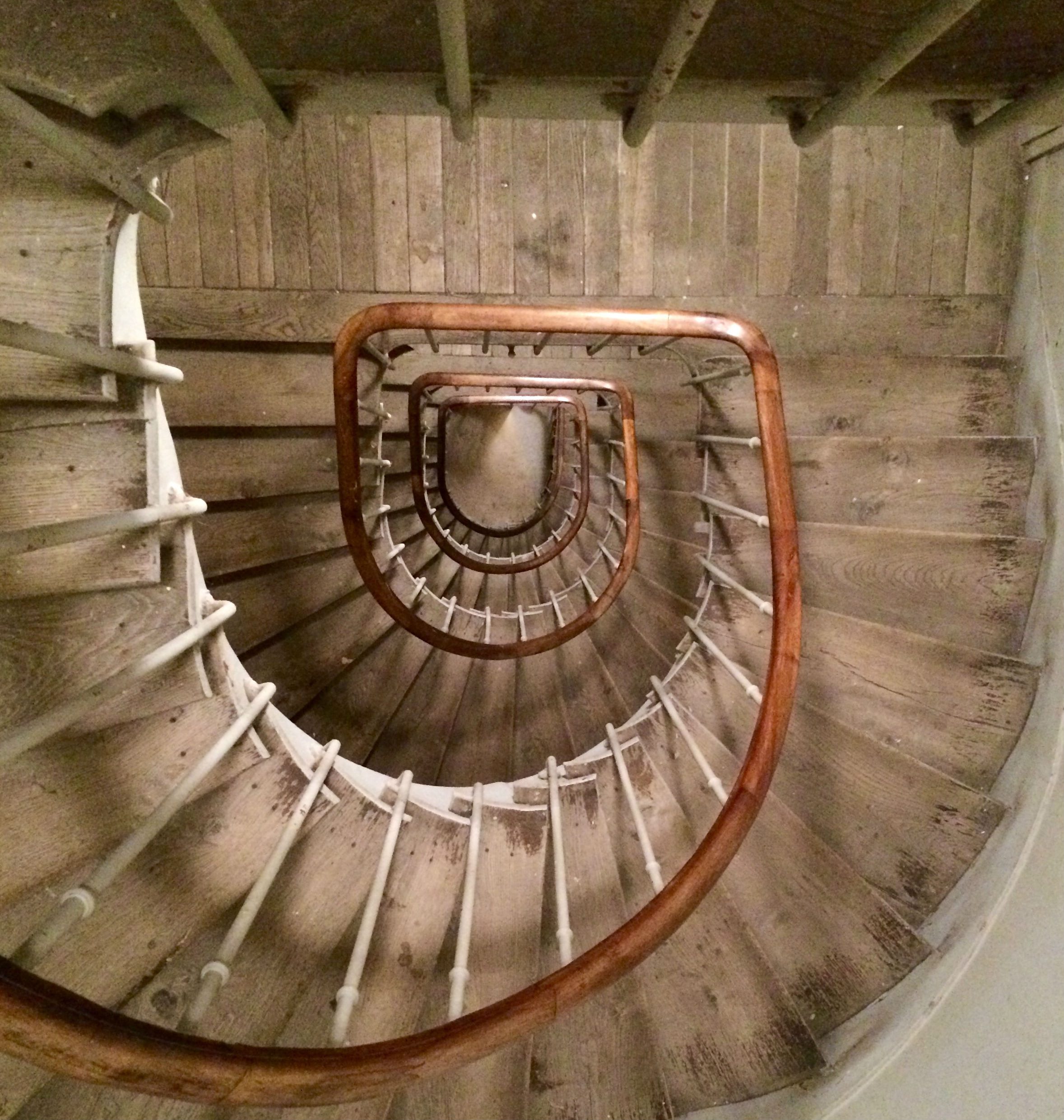On November 19, Dutch police conducting a search in a purportedly unoccupied house in Amsterdam found a washing machine containing €350,000, as well as a money-counting machine, several mobile phones, and a firearm. Police arrested one individual, who was on the premises at the time, on suspicion of money laundering. While the report spawned a brief flurry of international media attention because of the literalness of the washing machine-money laundering connection, this report may be of broader interest to global and regional anti-money laundering (AML) compliance teams, for two reasons.
First, it provides a concrete example, for basic AML in-house training, of the challenge that criminals face every day in managing bulk cash they receive from retail criminal transactions (including drug trafficking, fraud, and corruption). When a country’s AML-related criminal offenses include anti-structuring provisions, daily receipts of criminal proceeds – especially in smaller denominations such as the €20 and €50 notes that the Dutch police found — can back up and reach substantial volumes until criminals can devise a scheme to structure their cash deposits to a wider range of financial institutions or smuggle out the bulk cash (also risky). As a result, criminals often choose simple ways of storing the bulk cash in residences, including buckets, ceilings, cupboards, toilet tanks, and walls, that are insecure but allow quick access.
Second, for European compliance teams’ situational awareness, this search is an example of the Dutch police’s use of the Spookburgeractie (ghost citizen operation) in combating criminal operations. In this type of operation, which at least one Dutch court has approved, the police seek to identify individuals who live in Amsterdam but are not registered anywhere, and locate houses that are vacant or reflect other indications of criminal activity. Where a search finds indications of criminal activity on the premises, including significant quantities of contraband such as cash or drugs, the police file an administrative report with Amsterdam city authorities. On the basis of that report, municipal authorities can take administrative measures such as temporary closure of the house.
